Your home may feel safe, but everyday items like toxic plants, human foods, and household chemicals can be dangerous to cats. Since cats are naturally curious, they may explore areas that contain hidden hazards.
In this guide, you’ll learn how to cat-proof your home, prevent accidents, and keep your feline friend safe.
1. Keep Toxic Foods Out of Reach
Many human foods are toxic to cats, even in small amounts.
🚨 Foods That Are Dangerous for Cats:
❌ Chocolate – Contains theobromine, which can cause poisoning.
❌ Onions & Garlic – Can damage red blood cells and cause anemia.
❌ Grapes & Raisins – Can lead to kidney failure.
❌ Caffeine & Alcohol – Extremely toxic, even in small amounts.
❌ Xylitol (found in sugar-free gum and peanut butter) – Can cause low blood sugar and liver failure.
✅ How to Keep Food Safe:
✔ Store food in sealed containers or cabinets.
✔ Keep countertops clean to avoid temptation.
✔ Educate family members about toxic foods.
🚨 If your cat eats something toxic, call a vet immediately!
2. Remove Toxic Plants from Your Home
Some houseplants can be extremely dangerous to cats if chewed or eaten.
🚨 Common Toxic Plants for Cats:
❌ Lilies – Can cause kidney failure.
❌ Aloe Vera – Can lead to vomiting and diarrhea.
❌ Pothos (Devil’s Ivy) – Causes oral irritation and swelling.
❌ Dieffenbachia (Dumb Cane) – Can cause severe mouth pain.
✅ Cat-Safe Plants:
✔ Spider Plant
✔ Areca Palm
✔ Cat Grass
✔ Boston Fern
🚨 Always check plant toxicity before bringing new greenery into your home!
3. Secure Electrical Cords and Small Objects
Cats love to chew, bat, and play with small objects, but some items can cause choking or electrical injuries.
✅ How to Prevent Choking and Electrical Hazards:
✔ Use cord protectors or cover exposed wires.
✔ Keep hair ties, rubber bands, and small toys out of reach.
✔ Store plastic bags and string safely (cats may swallow them).
🚨 If your cat chews on cords, consider bitter-tasting sprays as a deterrent.
4. Store Household Cleaners and Chemicals Safely
Cleaning products, detergents, and other chemicals can be toxic if ingested or inhaled.
🚨 Dangerous Household Items:
❌ Bleach & Ammonia – Can cause respiratory distress.
❌ Essential Oils (Tea Tree, Peppermint, Citrus, etc.) – Toxic when absorbed.
❌ Rodent or Insect Poison – Extremely lethal to pets.
✅ How to Keep Chemicals Away from Cats:
✔ Store cleaning supplies in cabinets with child-proof locks.
✔ Use pet-safe cleaning alternatives (like vinegar and baking soda).
✔ Keep cats away from recently cleaned surfaces until dry.
🚨 If your cat comes into contact with chemicals, wash the area and contact a vet.
5. Close Lids on Toilets, Washing Machines, and Dryers
Cats can jump into open water sources or hide in machines, leading to drowning or injury.
✅ How to Prevent Accidents:
✔ Keep toilet lids closed at all times.
✔ Check washing machines and dryers before use.
✔ Provide a safe, cozy hiding spot so they don’t seek dangerous alternatives.
🚨 Always check enclosed spaces before turning on appliances!
6. Be Cautious with Open Windows and Balconies
Cats love to perch by windows, but falls from heights can cause serious injuries (high-rise syndrome).
✅ How to Keep Windows and Balconies Safe:
✔ Install secure window screens.
✔ Never leave windows fully open without protection.
✔ Supervise outdoor balcony time or use cat-safe enclosures.
🚨 Even if your cat seems careful, accidents can happen—always secure high places!
7. Keep Trash and Recycling Bins Secure
Trash cans contain food scraps, plastic, and sharp objects, which can be dangerous if ingested.
✅ How to Prevent Trash-Related Dangers:
✔ Use trash cans with lids to prevent scavenging.
✔ Dispose of sharp objects (like bones or foil) properly.
✔ Keep recycling bins covered to avoid choking hazards.
🚨 If your cat eats something from the trash, monitor for vomiting or unusual behavior.
8. Be Careful with Medications and Supplements
Many human medications are toxic to cats, even in small amounts.
🚨 Dangerous Medications for Cats:
❌ Acetaminophen (Tylenol) – Causes liver damage.
❌ Ibuprofen & Aspirin – Can lead to stomach ulcers and kidney failure.
❌ Antidepressants & Sleep Aids – Dangerous even in tiny doses.
✅ How to Keep Medications Secure:
✔ Store all pills and vitamins in closed cabinets.
✔ Never leave medication on counters or tables.
✔ Use pet-specific medications only (prescribed by a vet).
🚨 If your cat swallows any medication, contact a vet immediately!
9. Avoid Open Flames and Unattended Candles
Cats are curious and may paw at flames, knocking over candles or getting burned.
✅ How to Keep Your Cat Safe:
✔ Use battery-operated LED candles instead of real ones.
✔ Keep lit candles out of reach or in enclosed holders.
✔ Never leave the room with an open flame.
🚨 Common Mistake: Assuming your cat won’t go near fire.
Instead: Always monitor open flames closely!
10. Check for Small Spaces Where Cats Can Get Stuck
Cats love to squeeze into tight spaces, but they can sometimes get stuck or trapped.
✅ How to Cat-Proof Small Spaces:
✔ Block gaps behind furniture or appliances.
✔ Check drawers, cabinets, and closets before closing.
✔ If your cat hides often, provide safe, enclosed resting spots.
🚨 If your cat gets stuck, stay calm and carefully help them out.
Final Thoughts
Cat-proofing your home prevents accidents and keeps your feline friend safe. With a few simple adjustments, you can eliminate common household dangers and create a secure, happy environment.
🐱 Key Takeaways:
✅ Keep toxic foods and plants out of reach.
✅ Secure cords, small objects, and trash bins.
✅ Store cleaning supplies and medications safely.
✅ Always close washing machines, dryers, and toilet lids.
✅ Install window screens to prevent falls.
✅ Use pet-safe alternatives for candles and cleaners.
✅ Regularly check for small spaces where cats could get stuck.
By taking these precautions, your home will be a safe and happy place for your cat! 🏡🐾💖

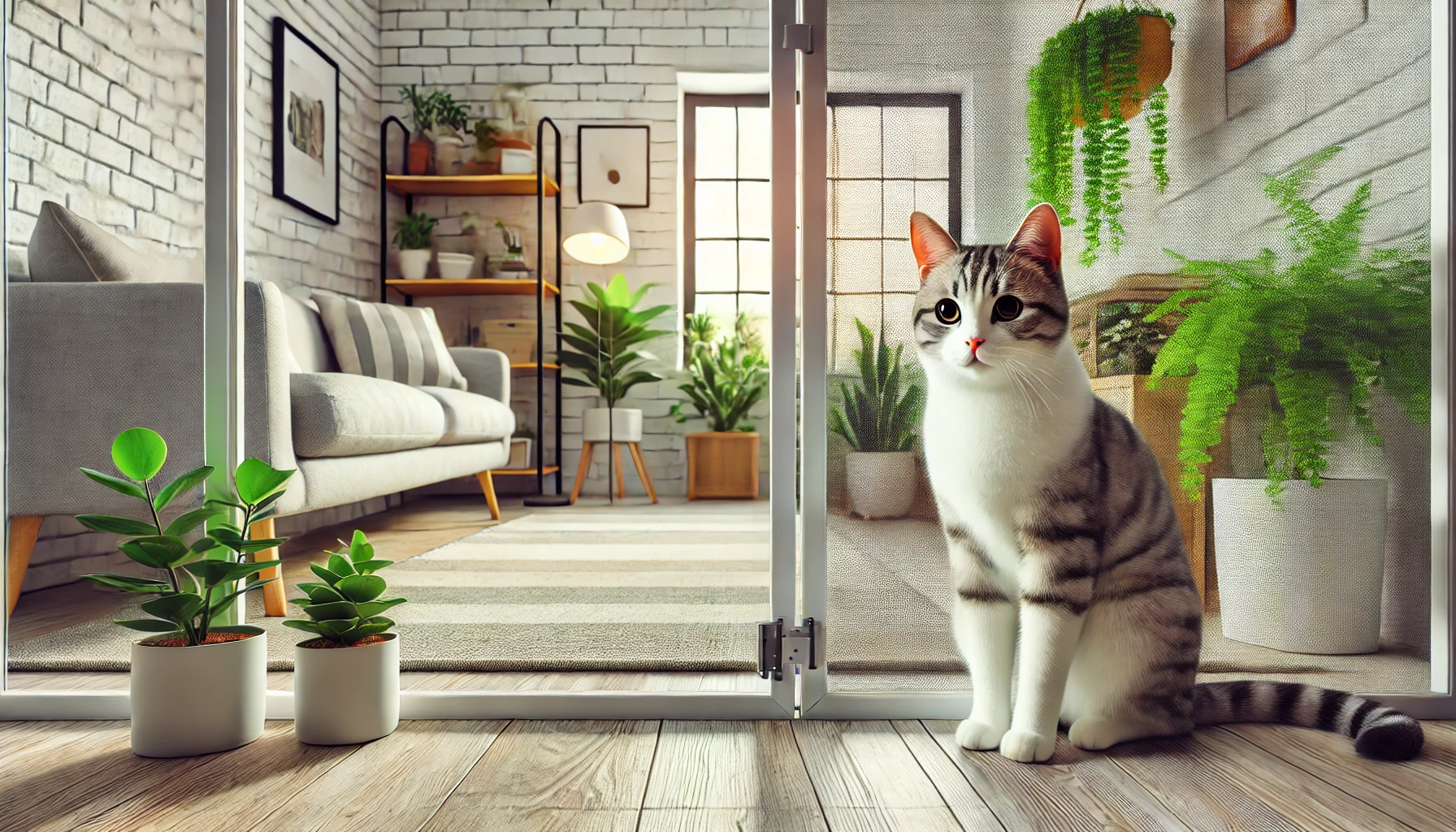
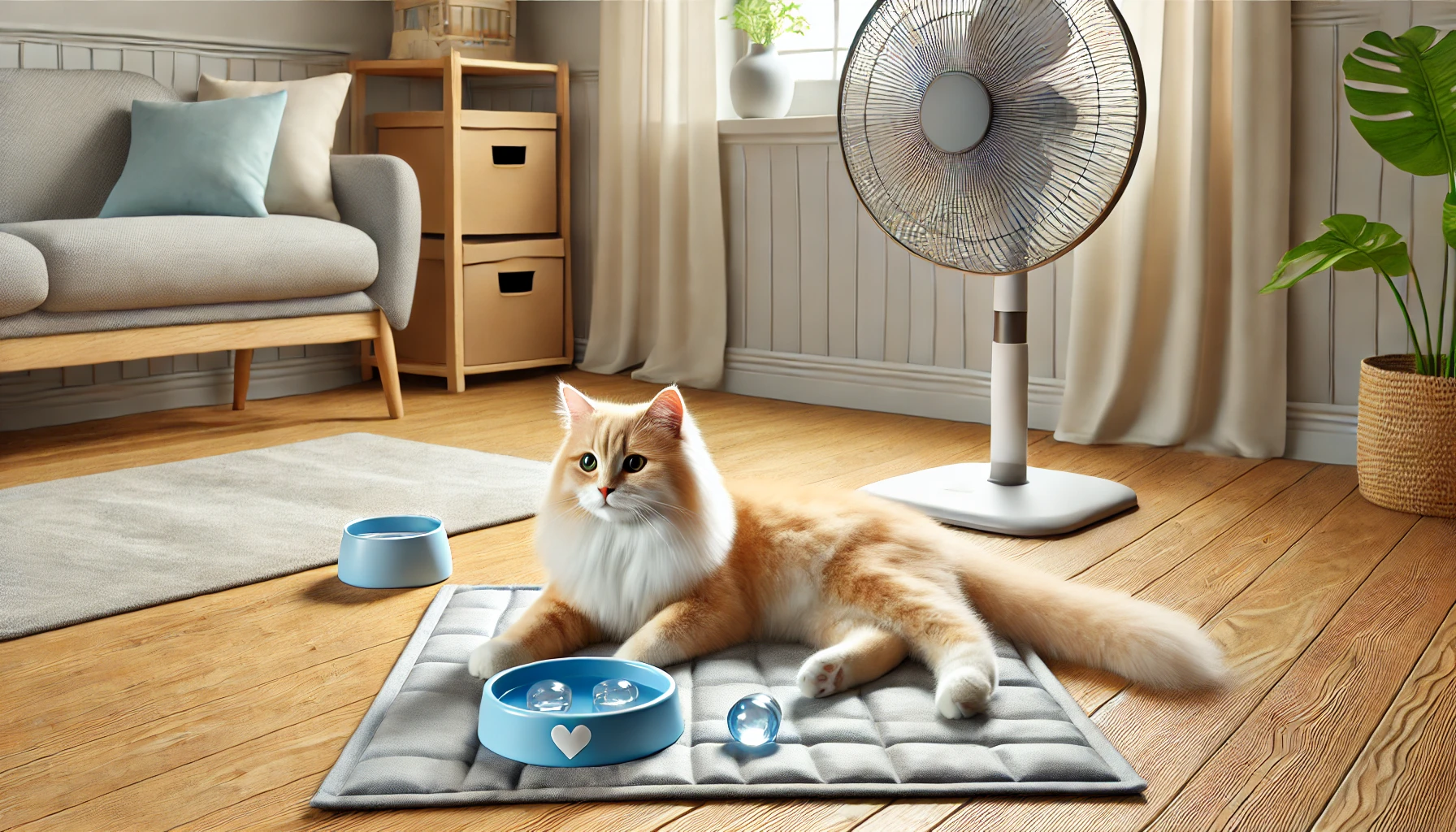
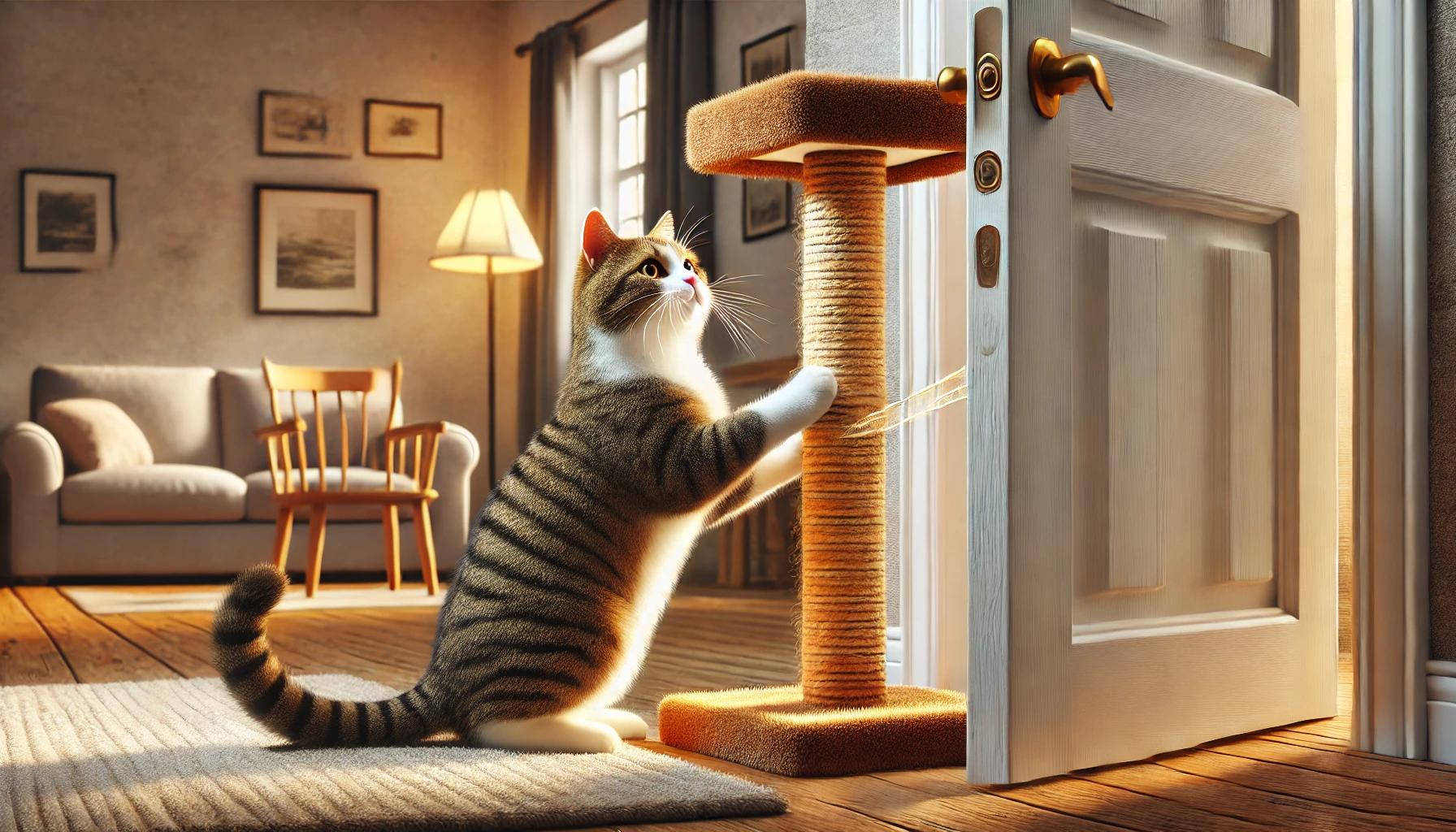
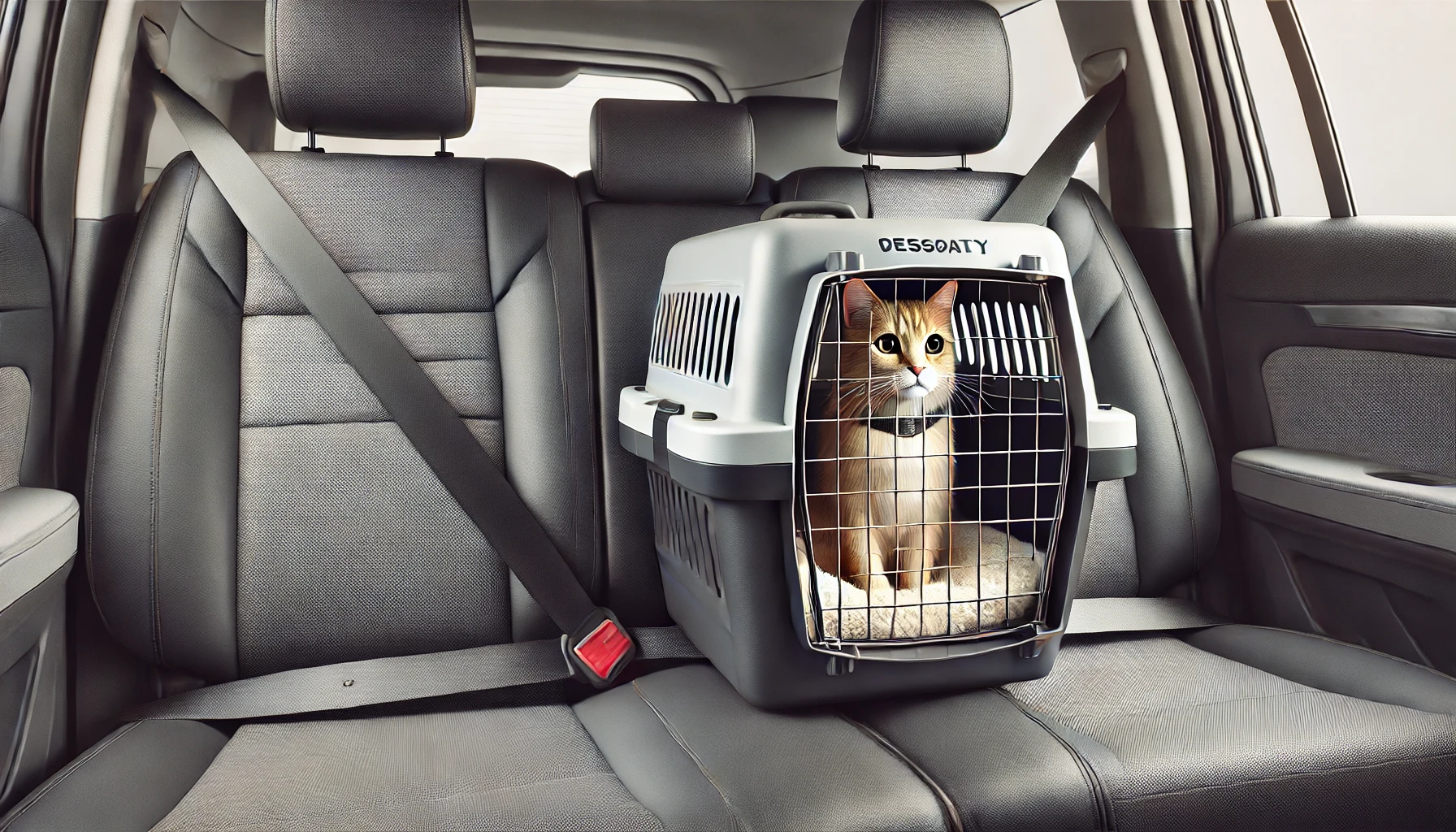
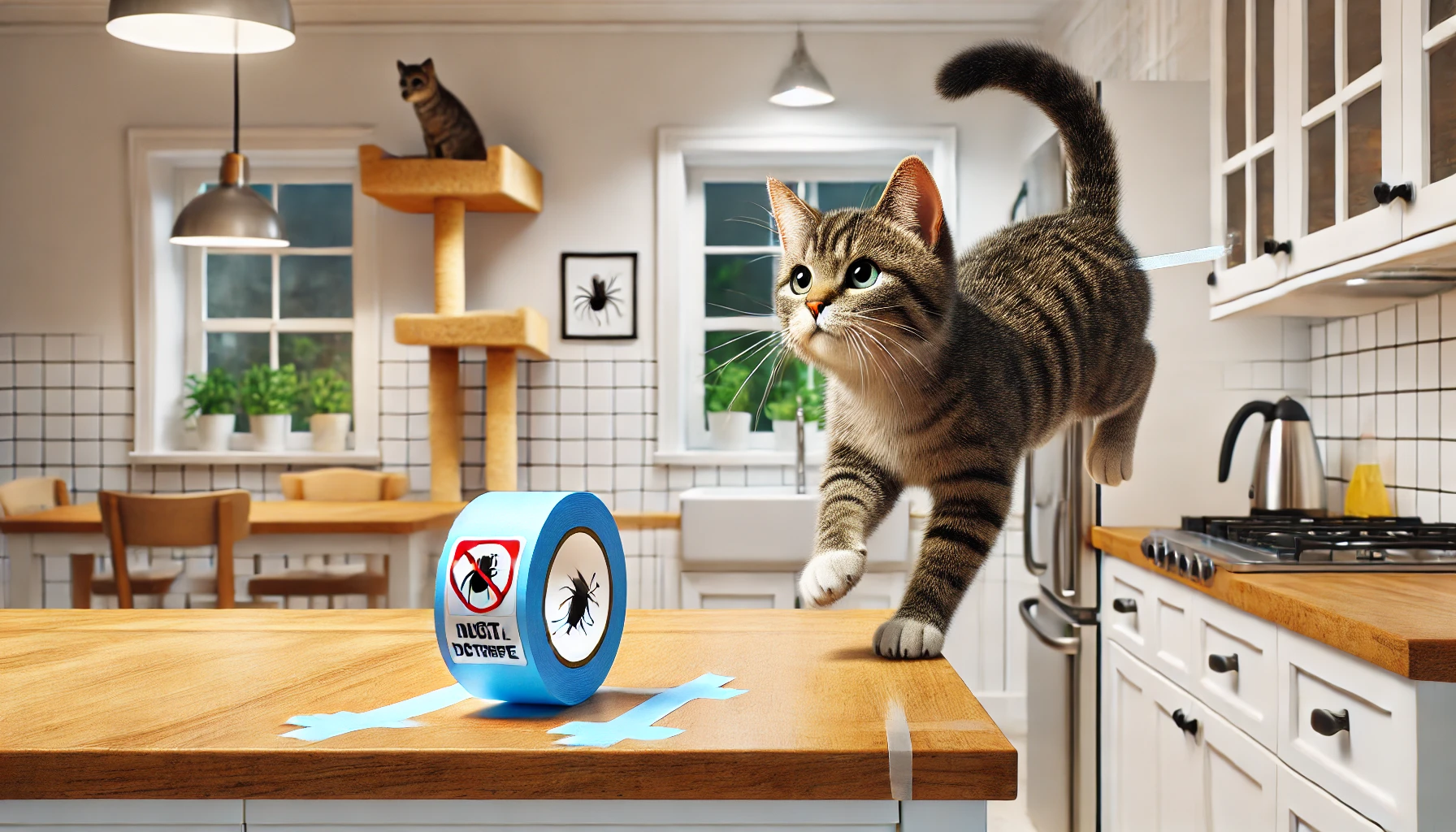
1 thought on “How to Keep Your Cat Safe from Common Household Dangers”